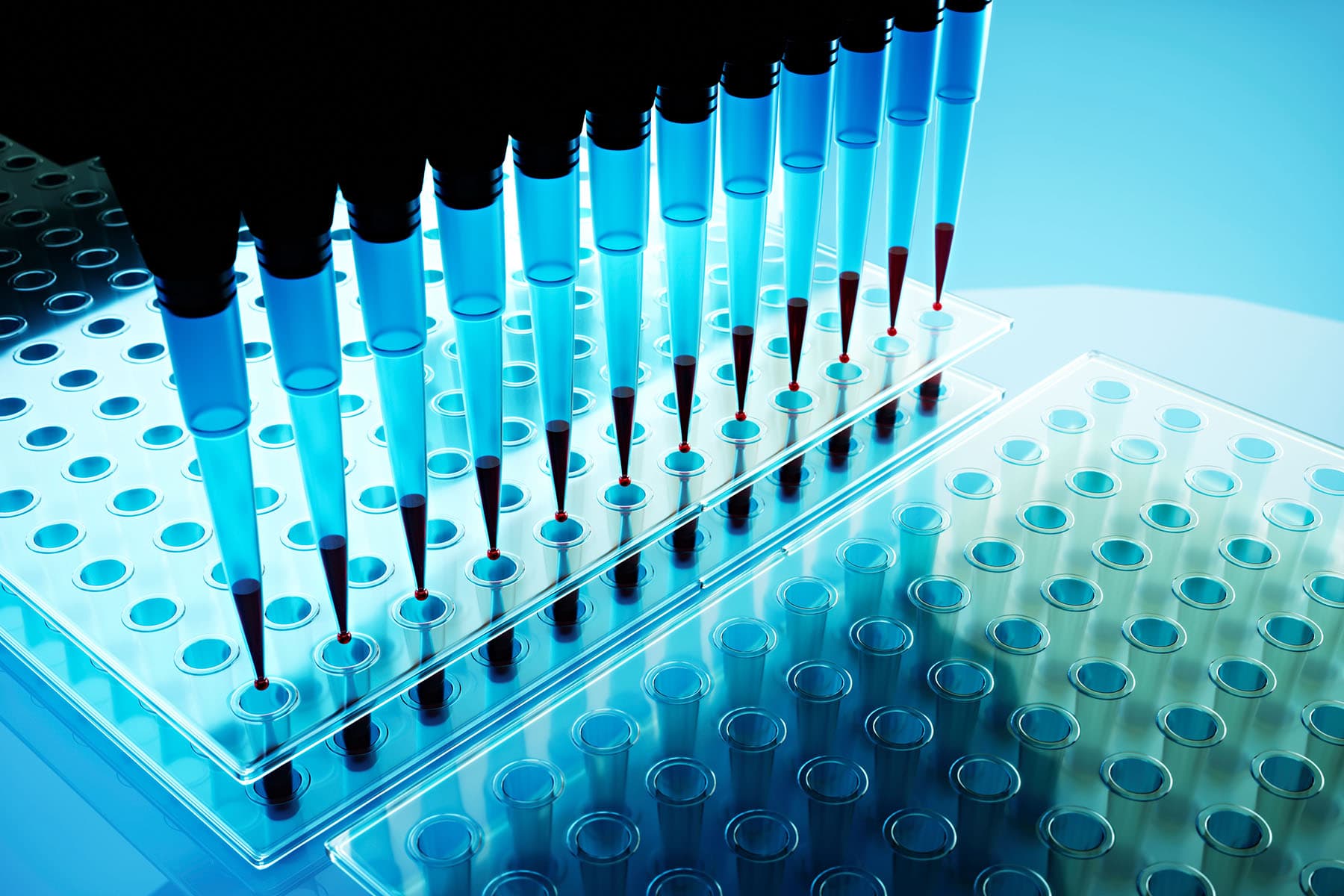Nov. 29, 2022 – Artificial intelligence could help improve diversity, equity, and inclusion in clinical trials and drug development by overcoming some traditional human bias in these areas, but we’re not there yet, experts say. The technology could also assist doctors with data insights to make diagnosis and treatment more precise.
It starts with quality. Artificial intelligence (AI) relies on large amounts of data to create algorithms – or computer instructions – to develop best practices and predictions. But the instructions are only as good as the data used to create them. And people are the ones creating the data.
“Underpinning the development of AI technologies are people, and those people have their own biases,” says Naheed Kurji, the chair of the board for the Alliance for Artificial Intelligence in Healthcare. “As a result, the algorithms will have their own biases.”
Technology that uses speech to diagnose disease is an example.
“There are many cases, examples where companies have failed to recognize the differences in speech across different cultures,” says Kurji. When technology is based on speech patterns of a limited demographic, “then when that model is applied in the real world to a different demographic with a different accent, that model fails.”
“As a result, it’s not representative.”
Another example is genetic and genomic data.
“Give or take, 90-plus percent of genetic and genomic data has originated from people of European descent. It’s not from people from the continent of Africa, Southeast Asia, Asia, or South America,” says Kurji, who is also president and CEO of Cyclica Inc., a data-driven drug discovery company based in Toronto.
Therefore, “a lot of research that has been done on that level of data is inherently biased,” he says.
To Be Fair
Creating data that takes diversity, equity, and inclusion of people and cultures around the world into account is not a hopeless challenge. But it will take time, experts say. Once that is achieved, AI should be closer to being free of human and systemic biases.
Greater awareness is essential.
“The solution to the problem comes from people inherently understanding that the bias exists,” Kurji says, and then only including fair and balanced data that passes a diversity test.
Choosing More Wisely?
Another promising avenue for AI is streamlining the drug development process, narrowing down potential drug candidates, and making clinical trials more cost-effective.
“If the source data has challenges and limitations, then that the AI is going to just keep propagating those limitations,” agrees Sastry Chilukuri, co-CEO of the data-driven clinical trial company Medidata and founder and president of Acorn AI. “The source data has to get more representative and has to get more equitable for the AI to reflect what’s happening.”
When it comes to human or systemic bias in drug development, “it would be too much of a simplification to say AI or machine learning can fix it,” says Angeli Moeller, PhD, head of data and integrations generating insights at Roche in Berlin. “But responsible use of AI and machine learning can help us identify biases and find ways to mitigate any negative effects it might cause.”
Silent Partners?
At the same time AI aims to streamline drug development, the technology also can help make all doctors better at their jobs, experts say. AI would, for instance, help by spreading knowledge and expertise far and wide, sharing best practices from doctors with a lot of experience in more complex patients. This would help guide those who treat only a few such patients each year.
The surgical volumes in New York City or in Delhi could be as high as hundreds of patients a year, Chilukuri says. “But if you go to interiors of the U.S. like Nebraska, the surgeon just doesn’t see that much volume.”
AI could help doctors “by providing the kind of tools that allow them to be able to deliver the same top-notch care to all of their populations at lot faster,” he says.
Boosting Efficiency
AI could help target therapy by using data to identify patients at highest risk. The technology also could improve some bottleneck areas in medicine, such as the time it takes to interpret radiology images, Kurji says.
There is an AI company “whose entire business model is not to replace your radiologist but to make radiologists better,” he notes. One of company’s aims is “to prevent death or severe ailment from radiology scans that get missed or that get stacked on the pile and just don’t get acted on fast enough for that patient.”
Radiologists are so busy, they may have only 30 seconds or less to interpret each scan, says Chilukuri. AI can flag a lesion of potential concern, but it can also compare an image to past scans on the same patient. This view afforded by AI does not just apply to radiology but across data-driven areas of medicine.
Advancing Personalized Medicine
AI could also guide a personal approach to surgery, “because it’s not like humans come in small, medium and large,” Chilukuri says. The technology could help surgeons determine exactly where to operate on an individual patient.
Moeller agrees that AI holds potential for boosting personalized medicine.
“AI can help with diagnosis and risk prediction, which can mean earlier interventions,” says Moeller, who’s also vice chair of the Alliance for Artificial Intelligence in Healthcare board. “If you look, for instance, at a diabetic patient, what is the likelihood that he or she might develop eye problems from diabetic macular edema?”
The technology could also help with getting a look at the big picture.
“Machine learning can look for patterns in a population that might not be in your medical textbook,” Moeller says.
Beyond diagnosis and treatment, AI also could help with recovery by customizing rehabilitation for each patient, Chilukuri predicts.
“It’s not like every person is going to rehab the exact same way. So, you have highly individualized AI plans that allow you to actually stay on track and predict where you’re going.”






